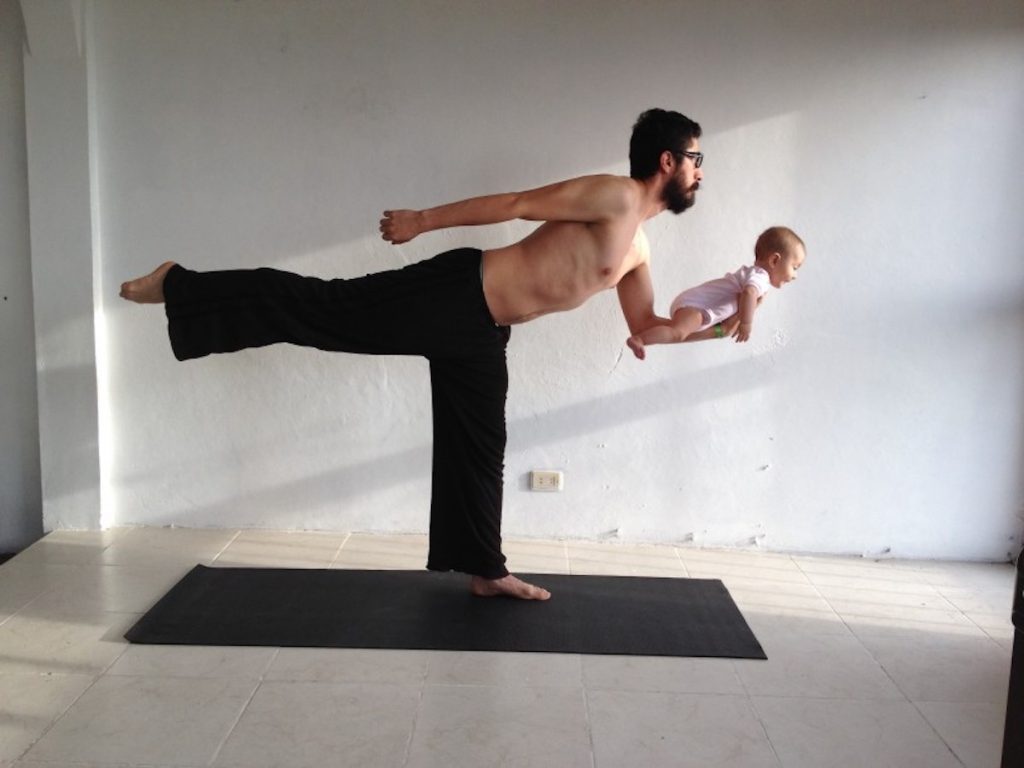Every purchase made online is encrypted with a high level of security you’ve come to expect. Your private information is never shared nor sold, so you can buy with confidence. You can also visit our store if you are in the St. Louis area.

Estimated reading time: 6 minutes
Getting a good night’s rest is paramount to your overall health and wellness, both physically and mentally. Unfortunately, good sleep is hard to come by. Whether you’re having trouble falling asleep at night due to stress at work or you just had a new child, and they aren’t sleeping through the night yet, very few people actually get the recommended eight hours of sleep at night. Luckily, there are ways you can get a good night’s sleep, depending on what’s keeping you up at night. Here are some things you can do to fall asleep faster and stay asleep all night long.
Table of Contents
Exercise More
If you can’t seem to calm your mind or body at night, then you might need more exercise during the day. Exercising can help you burn off excess energy while helping you manage stress by releasing endorphins. Going for a walk on your lunch break or spending an hour at the gym before or after work can help you fall asleep faster every night.

Exercise boosts your happy hormones and increases the effect of natural sleep hormones, such as melatonin. Exercising a little bit every day can help you fall asleep faster. However, exercising too late at night can actually stimulate your mind and body, so it’s best to exercise in the morning or afternoons.
Reserve The Bedroom For Bedroom Activities
Your bedroom should be used primarily for sleep. While it can be tempting to work in bed when you’re working from home, try to avoid it when possible. Working from bed or doing an activity your mind associates with stress can keep you up at night. You should also avoid watching television, responding to texts and emails, and doing stimulating activities before going to bed.
Instead, set a rule for yourself that you will not use your laptop or cell phone whenever you’re lying in bed. Your new rule will help train your mind to understand that your bed is for sleeping, which can help you keep stress out of the bedroom to help improve your sleep.
Get Comfortable
To fall asleep, you have to be relatively comfortable. If your bedroom is too hot or too cold, you likely won’t be able to fall asleep or stay asleep for long. Not only that, but if your mattress causes you pain, then you will toss and turn all night. Do whatever you need to do to ensure you’re comfortable while in bed. This might include:
- Buying a larger mattress
- Inspecting your box spring for damage
- Buying a new comforter
- Setting your room to the right temperature
- Using a pain relief pillow
Start A Ritual
Starting a sleep ritual can help you train your brain to learn when it’s time to settle down for the day and get to sleep. Instead of getting up from the couch or going right to bed after doing your nightly chores, consider other activities you can put between stimulating activities and bedtime. Your ritual doesn’t have to take a long time; instead, your ritual can be as simple as brushing your teeth, taking your daily vitamins, and putting on your pajamas to signal your body it’s time to wind down.
Snack (When Hungry)
While you shouldn’t snack before bed every night, you should never go to bed hungry. If, for some reason, you skipped dinner, make sure to fill your belly before you to bed to keep your growling stomach from distracting you. If you’re eating right before bed, consider a small, light meal. Eating too much and having an overly full stomach can keep you up just as much as an empty belly.
Avoid Caffeine
If you enjoy drinking coffee and tea, try setting a time of day where you switch to decaf or another type of beverage. Caffeine is a stimulant, which is why you drink it in the morning after waking up. Drinking coffee or caffeinated tea at night can keep your mind awake, which leads to poor sleep. Instead of drinking caffeine at night, consider stopping your caffeine consumption in the early afternoon to ensure the caffeine has left your body by the time you hit the sheets.
Manage Your Stress

One culprit of a bad night’s sleep is stress. If you’re stressed, your mind can keep itself up all night worrying. Not only that, but stress can lead to health problems that can keep you up at night. Instead of letting your mind wander to a bad place while you’re trying to fall asleep, find ways to de-stress before you get into bed.
Doing a relaxing activity, such as yoga, can help your mind get ready for bed by calming it down after a stressful day. You can also do breathing exercises or give yourself an activity that can help you wind down after a long day. Try to keep your stress outside of the bedroom so you can enjoy your rest.
Talk To A Doctor
If you’re having trouble falling asleep and staying asleep, it might be time to talk to a doctor. Lack of sleep can contribute to both physical and emotional health problems that are avoidable. Instead of letting yourself stay up all night and stress, talk to your doctor to find out what might be keeping you up. Your doctor might prescribe you medication that can help you get the sleep your mind and body need to properly function.
Stop Staying Up Late
After a long day of work, you might be tempted to stay up late so you can spend some of your days doing what you want to do instead of worrying about work. This can mean anything from watching television until the early morning or finally getting around to cleaning your home. However, staying up late just because you didn’t get to do exactly what you wanted to do with your day can impact your next day. Lack of sleep can impact how you feel and function for days, which means you’ll be able to accomplish less and will feel worse the day after you stay up late. Instead, stick to your regular sleep schedule and try to avoid deviating.
We hope this article will help you get a good night’s sleep in the future.
Author Bio: Marné Amoguis holds a B.A. in International Business from UC San Diego. She is a contributing writer at 365businesstips.com where she loves sharing her passion for digital marketing. Outside of writing, she loves traveling, playing music, and hiking.
